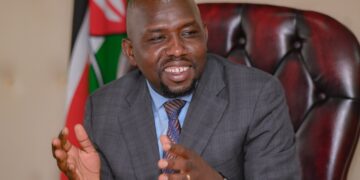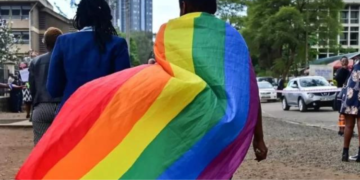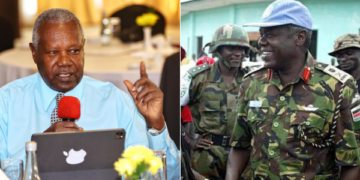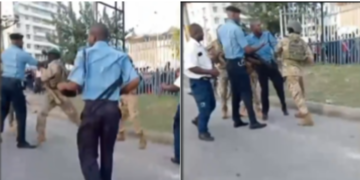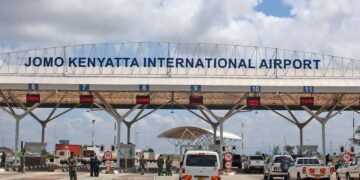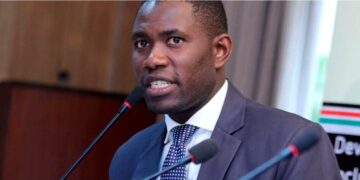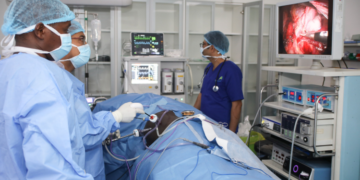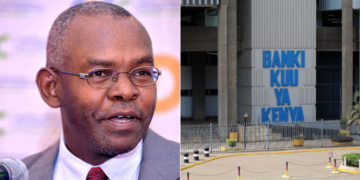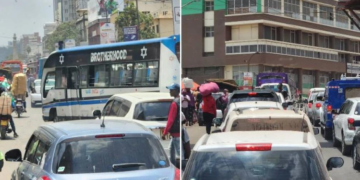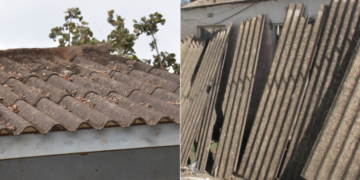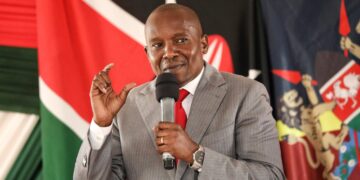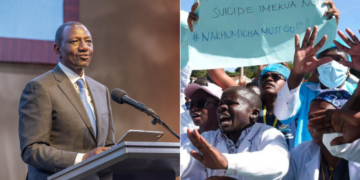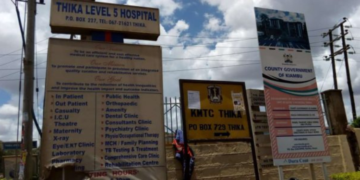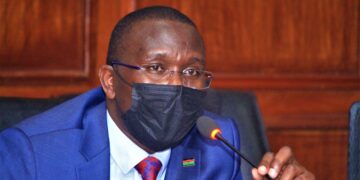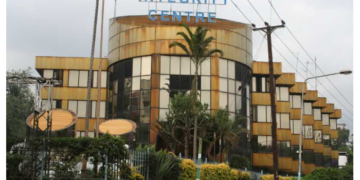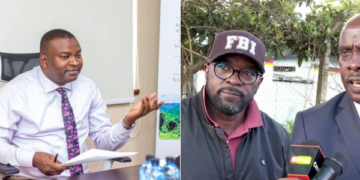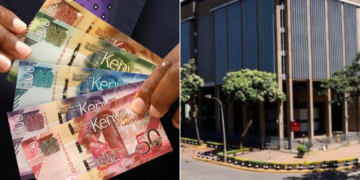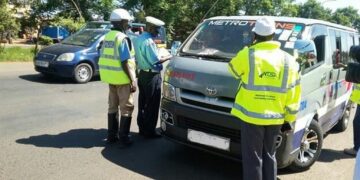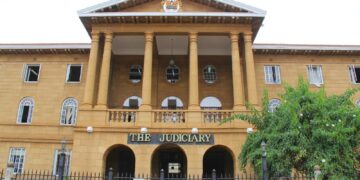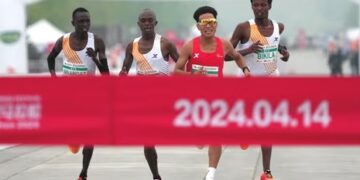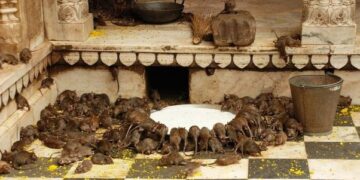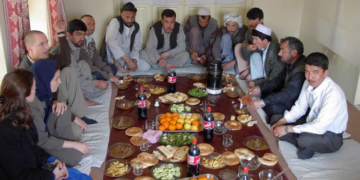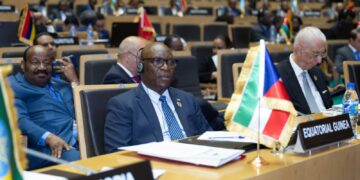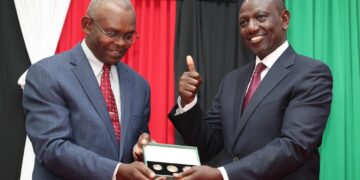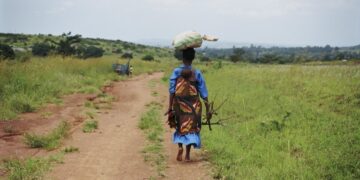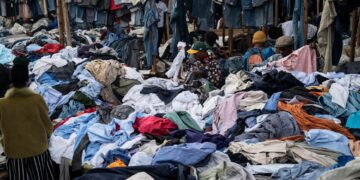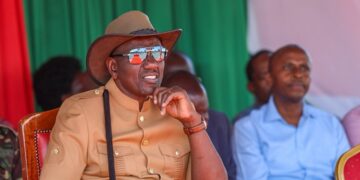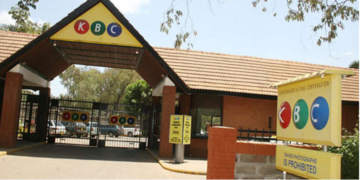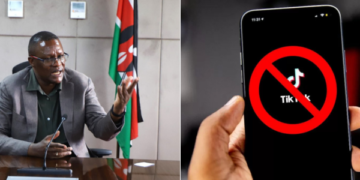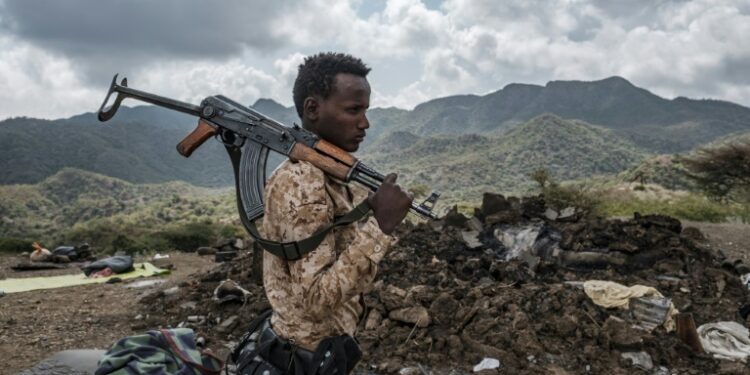Fighting in Ethiopia’s northern Tigray region hits the six-month mark next Tuesday.
Here is a timeline of the ongoing crisis in Africa’s second most populous country:
Troops enter
Fighting begins on November 4 2020, with Ethiopian Prime Minister Abiy Ahmed ordering a military response to what he calls a “traitorous” attack on federal army camps in Tigray.
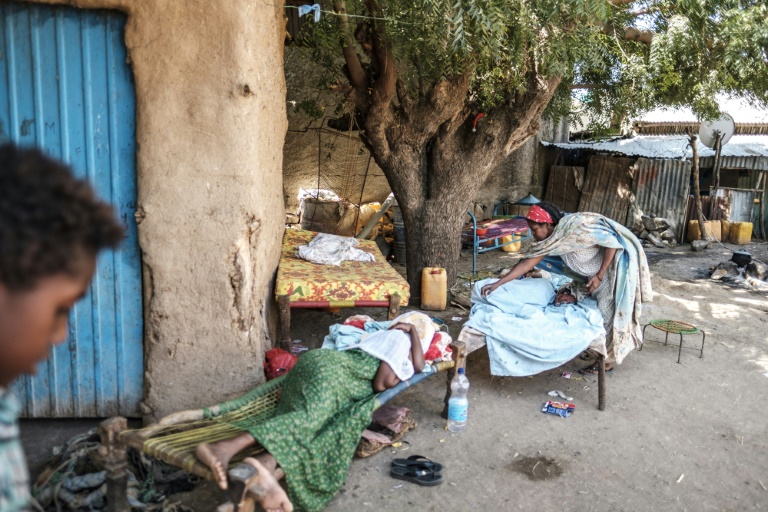
He blames the attack on the regional ruling party, the Tigray People’s Liberation Front (TPLF), which dominated national politics for nearly three decades before Abiy took office in 2018.
The TPLF denies responsibility and says the reported attack is a pretext for an “invasion”.
Two days later, with fighting intensifying, Abiy sacks the head of the military, whose top brass includes many battle-hardened Tigrayans.
On November 9 Ethiopia carries out more air strikes in Tigray with Abiy saying the operation will be all over “soon”
Fleeing to Sudan
Tens of thousands of refugees flee into neighboring Sudan as the African Union follows the United Nations in demanding an end to the fighting.
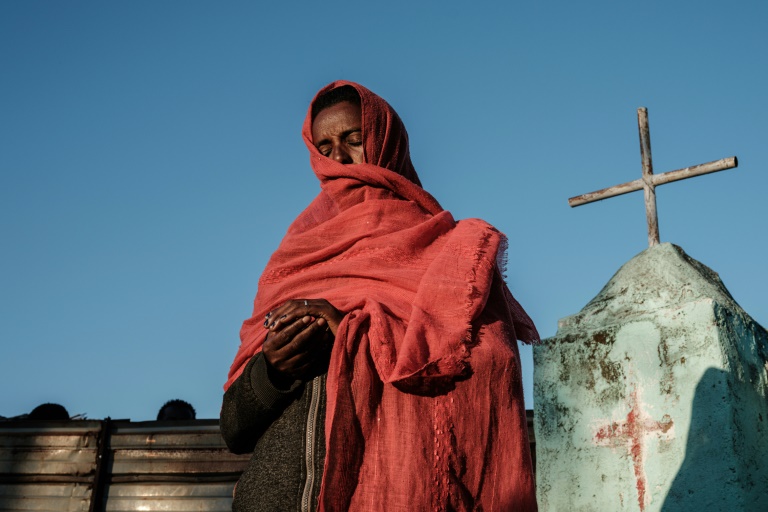
As the refugee flow swells tensions mount between the two countries, part of whose frontier is disputed.
War crimes
After 10 days’ fighting, the UN warns of possible war crimes in Tigray.
Neighboring Eritrea — with which Abiy has signed a peace deal in 2018 that helped win him a Nobel prize — is reported to be sending troops into Tigray to help Abiy.
Capital falls
Two weeks later, having rejected peace talks, Abiy says government tanks are advancing on Tigray’s capital Mekele.
The city comes under heavy shelling on November 28 before Abiy announces that military operations in Tigray are “completed”.
Ethnic cleansing
In February 2021 Amnesty International says Eritrean soldiers killed “hundreds of civilians” in November in the holy city of Axum in Tigray.
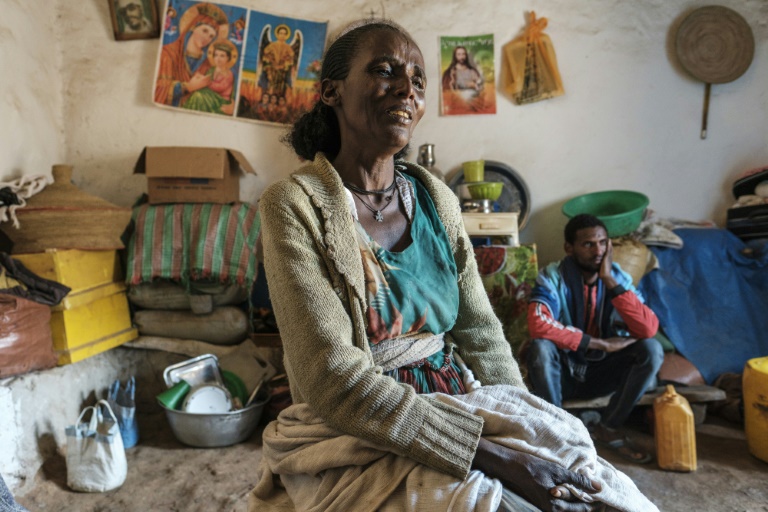
The following month AFP documents another massacre by the troops in Dengolat.
US Secretary of State Antony Blinken later urges Eritrea to withdraw and describes violence in western Tigray as “ethnic cleansing”.
He also calls for special forces from Ethiopia’s Amhara region, which borders Tigray to the south, to be ordered out of disputed areas they have taken.
Atrocities admitted
For months Ethiopia and Eritrea flatly deny the involvement of Eritrean forces in the conflict.
But on March 23 Abiy admits that Eritrean troops had crossed the border into Tigray.
He also suggests they may have been involved in atrocities against civilians.
The next day the Ethiopian Human Rights Commission says Eritrean soldiers massacred over 100 civilians in Axum in November, in what may amount to crimes against humanity.
The findings by the government-affiliated but independent body corroborate separate investigations by both Amnesty and Human Rights Watch.
Withdrawal?
After admitting Eritrea’s role, Abiy flies to its capital Asmara to meet with Eritrean President Isaias Afwerki.
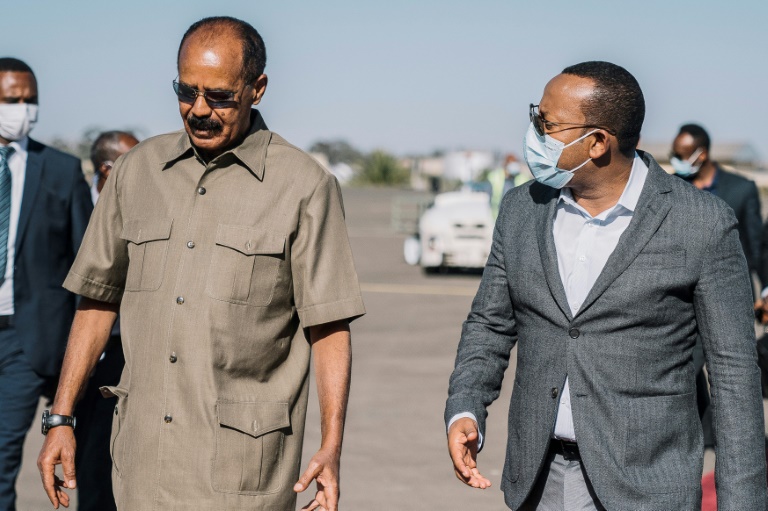
During the visit Abiy says Eritrea has agreed to pull its forces back over the border.
Just over a week later Ethiopia says Eritrean troops have “started to evacuate” Tigray but on April 15 the UN says there is no evidence of withdrawal.
Humanitarian disaster
Blinken urges Eritea to pull out “immediately and completely” and warns they are contributing to a “growing humanitarian disaster”.
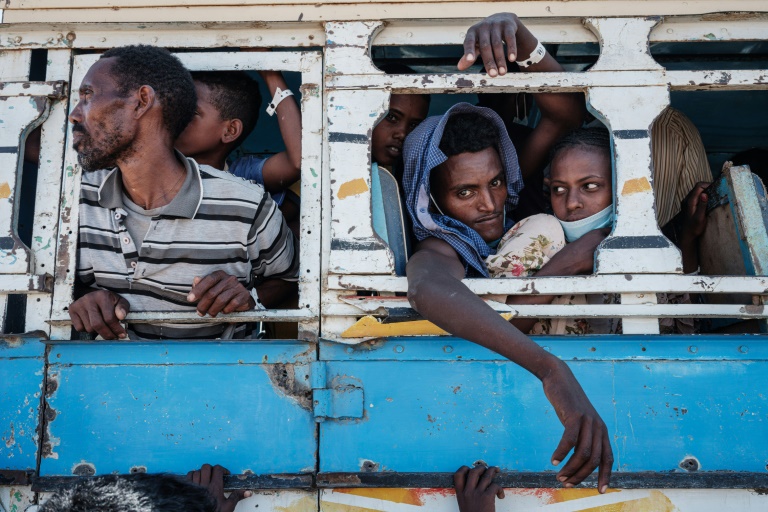
As international outrage mounts, AFP obtains government documents showing that Eritrean troops are looting and blocking food aid to the region.
© Agence France-Presse


